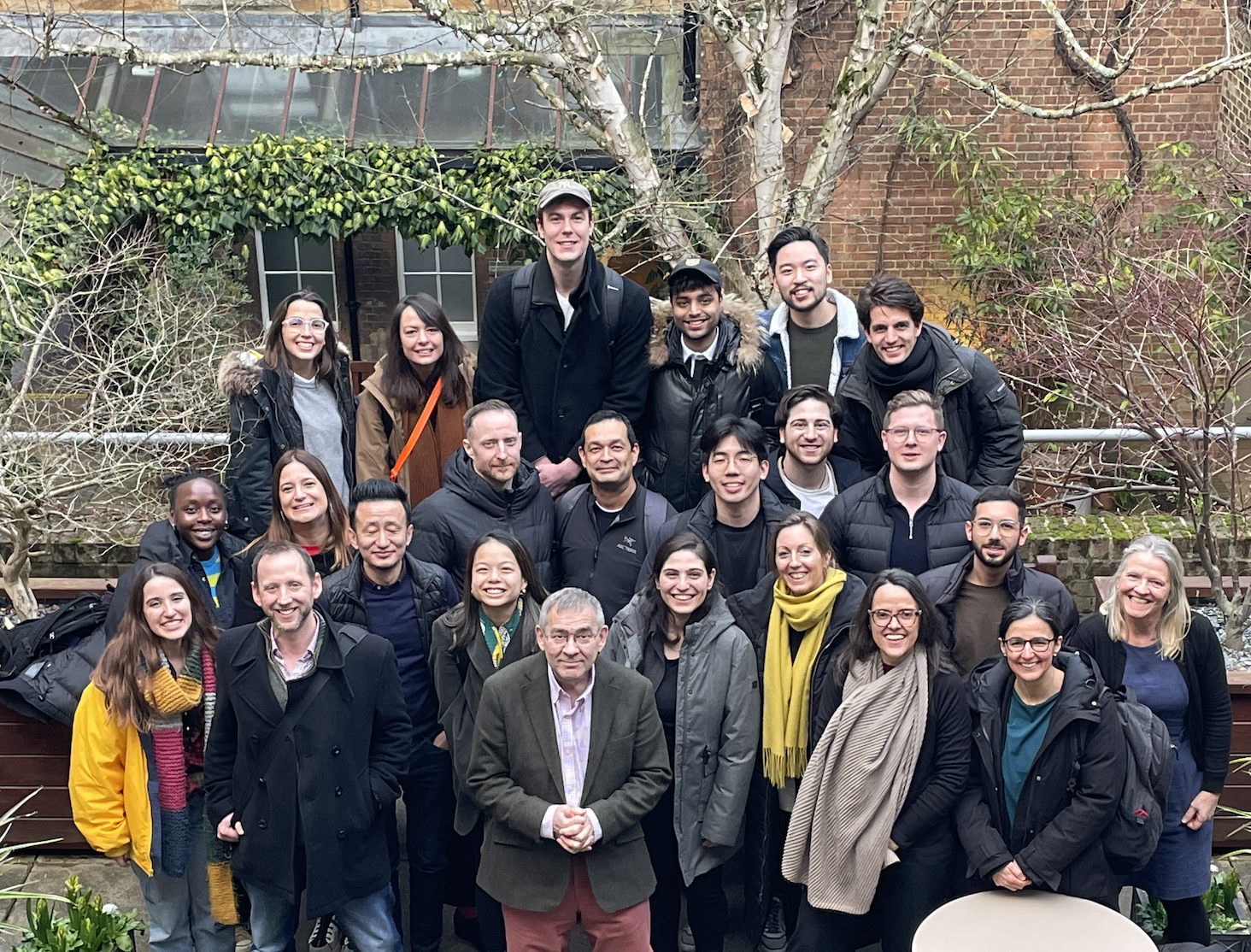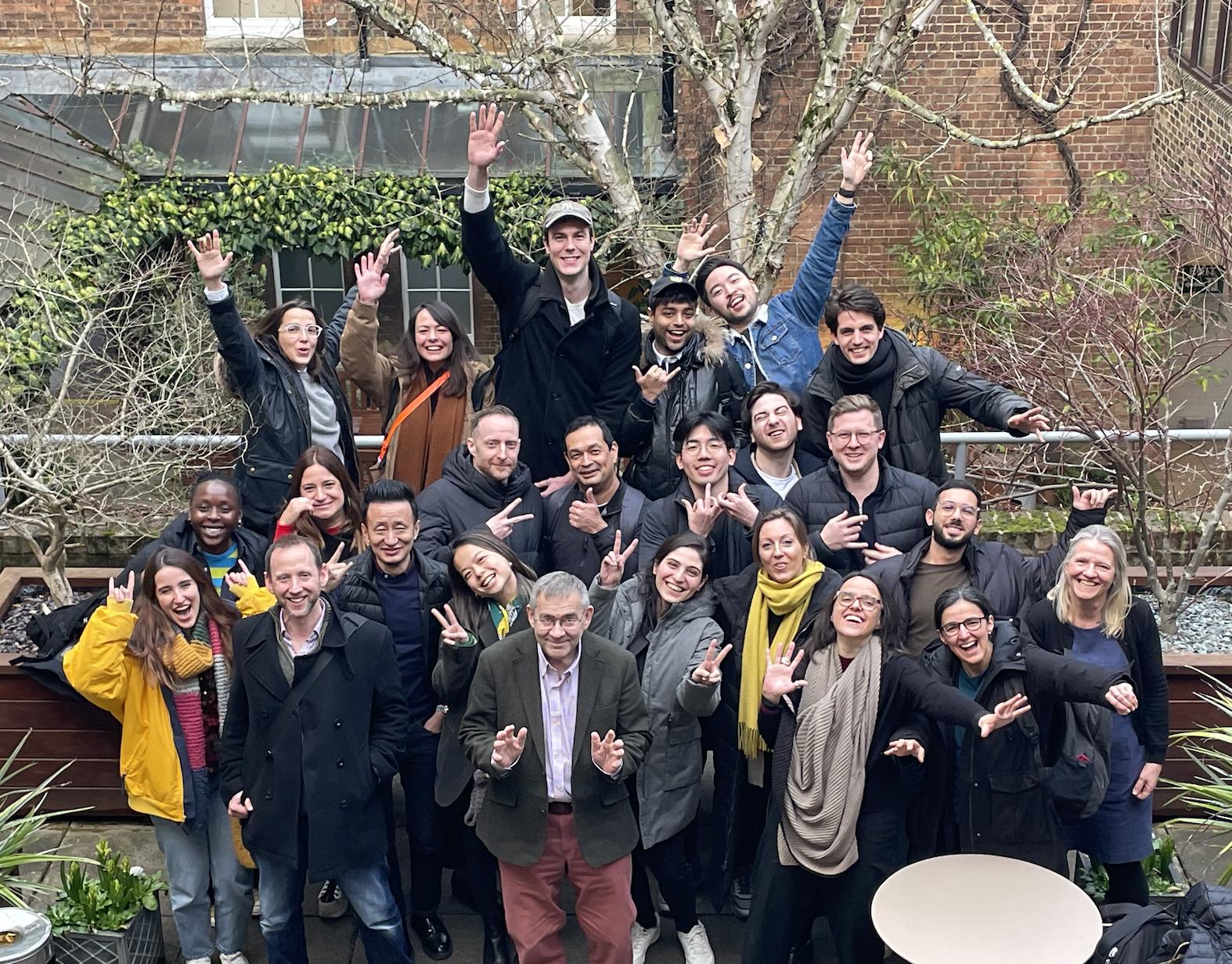My Oxford Journey
I completed my Master of Science (MSc) in Sustainable Urban Development (MSUD). The program is a rigorous and critical understanding of the policy and practice of sustainable urban development.
Application Process
Year 1
M1 October – Introducing Sustainable Urban Development (Oxford)
M2 November – Climate Change and the Built Environment (Oxford)
M3 January – Place-making and Urban Design (London)
M4 April – Financing Sustainability (Oxford)
M5 June – Sustainable Transport (Oxford)
Year 2
M6 October – Urbanism, Community and City-Building (London)
M7 January – Urbanisation in the Global South (Oxford)
M8 March – Leadership, Governance and Future Cities (Oxford)
Dissertation due September
Program Work
Eight (8) 3,000-word essays are due after the completion of each module throughout year 1 and year 2
15,000-word dissertation topic:
Smart City Policy Adoption in Secondary Cities:
A Case Study of Mold, Wales, United Kingdom
Abstract
The significance of the smart city concept in urban governance discourse highlights the growing adoption of smart city policies worldwide. As this growth continues, so is the case for secondary cities adopting smart city initiatives to address sustainability issues. While smart city policy adoption is common in major cities, it is gaining traction in secondary cities. However, with it comes the challenges in implementing smart initiatives and the need for localised policy frameworks in secondary markets that face a wide range of unique challenges based on their geographic, economic, social, and ecological conditions.
This dissertation examines seven major themes driving policy adoption in secondary cities and the key attributes influencing policy adoption. These themes include policy learning, policy entrepreneurship, financial instruments, regulatory mechanisms, policy capacity building, local contextual factors, and branding. A thematic analysis was conducted using a case study in Mold, Wales, UK, a participant in the Year of Smart Towns smart city programme, to explore the research aim and reveal potential opportunities or implications of the decision-making process in policy adoption.
The research reveals a consistent top-down, one-size-fits-all policy driven by the Welsh Government in Mold. Despite this approach, Mold significantly contributes to policy adoption within the explored themes. Positive attributes evident in Mold include cultivating entrepreneurship, appreciating local nuances, and thinking beyond policy expectations, while barriers include overcoming a risk-averse culture while grappling with limited funding. Furthermore, this analysis highlighted that themes did not act independently but complemented each other to reveal an interconnected experience across all the policy adoption frameworks. This dissertation suggests further evaluation of the significant attributes for open discussions with the Welsh Government and other secondary city participants to leverage opportunities while removing barriers in the future.
London Module
Sheldonian Theatre and Bodleian Library
Matriculation Ceremony









